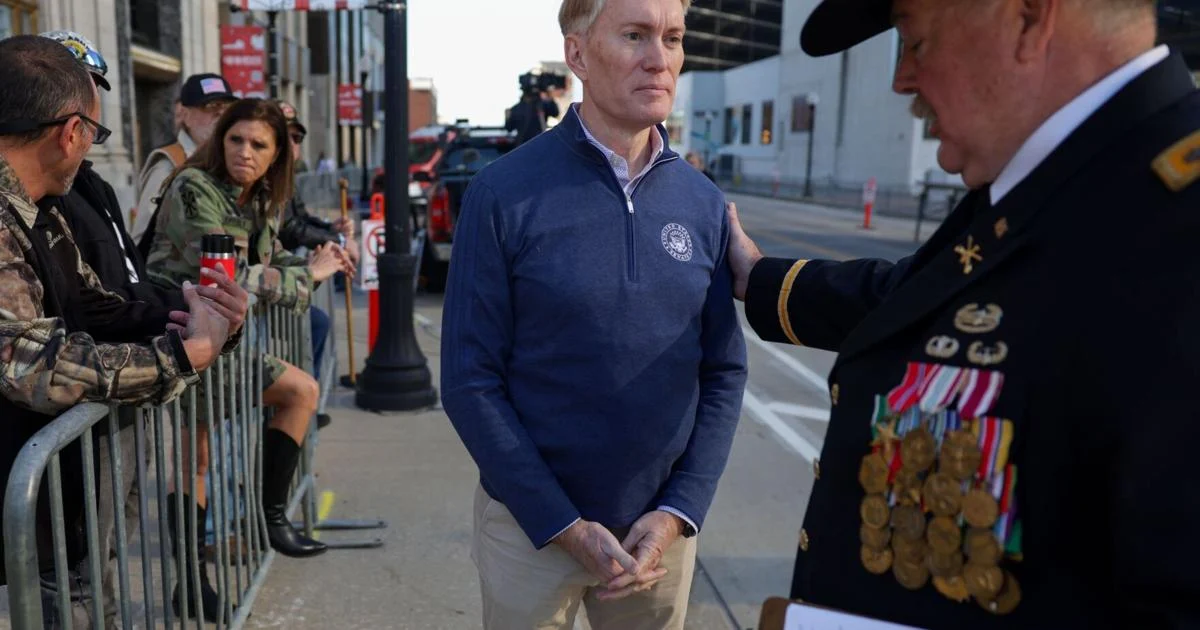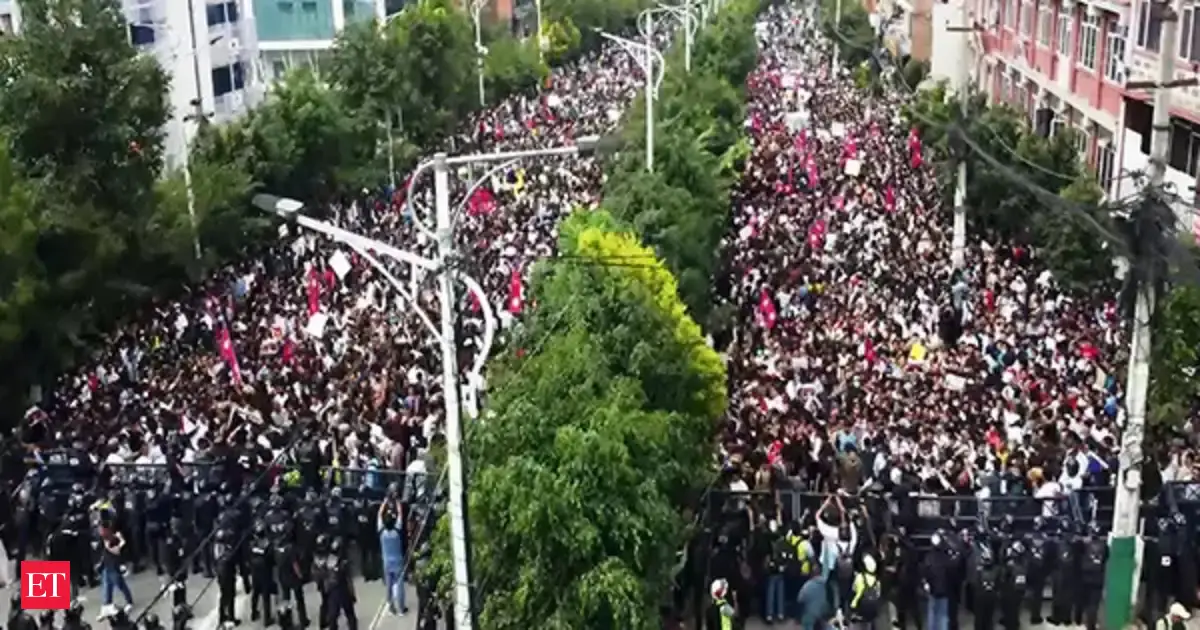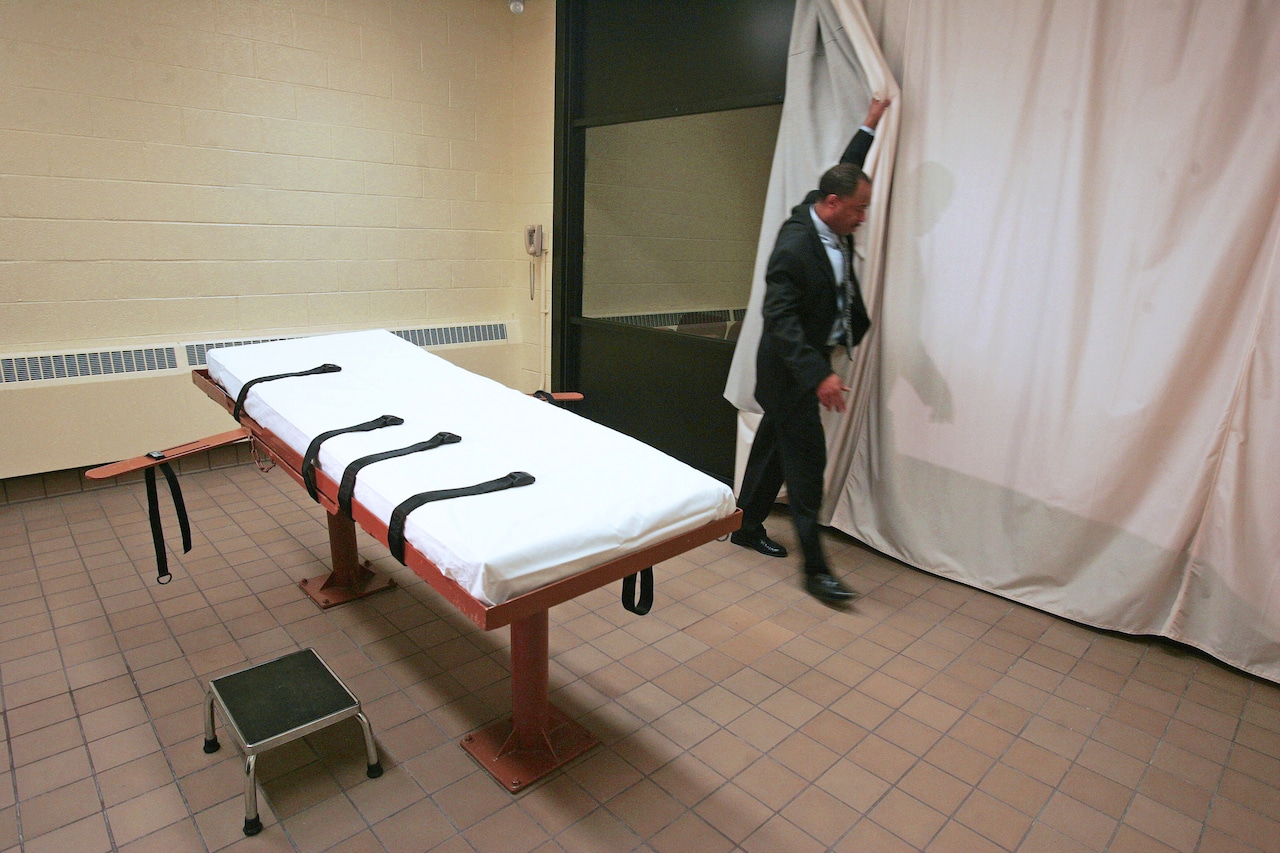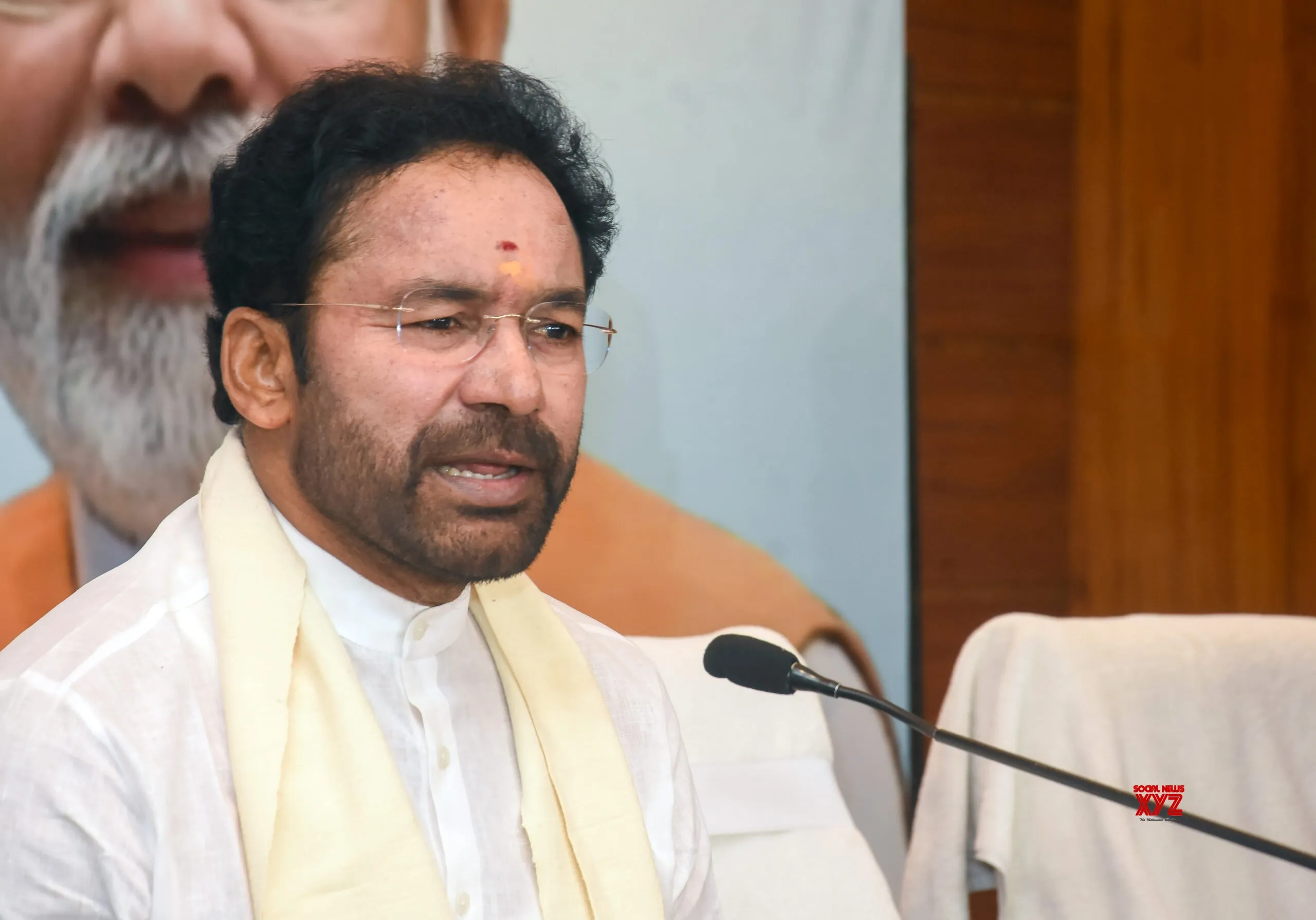
Assata Shakur, the Black Liberationist convicted of killing a New Jersey state trooper, who was also Tupac Shakur’s godmother, has died, The New York Times reports. She was 78.
Health officials in Cuba — where Shakur had lived since 1984 after escaping prison and being granted political asylum — confirmed her death. An exact cause wasn’t given, but they said she died from health complications and advanced age.
Shakur — born Joanne Chesimard — was the first woman to be added to the FBI’s Most-Wanted list, and its second domestic terrorist, because of her escape from prison and alleged role in the murder of 34-year-old state trooper Werner Foerster in 1973. But Shakur and her supporters have long maintained her innocence in the shooting, arguing that the evidence and testimony used to convict her were dubious.
Born and raised in New York City, Shakur became interested in politics, communism, activism, and Black liberation as a college student. After graduating in the late Sixties, she moved out to Oakland and joined the Black Panther Party, later returning to NYC to open a chapter in Harlem, where she oversaw programs like Free Breakfast for Children. Shakur later joined the Black Panther offshoot group, the Black Liberation Army, and started using the name Assata Olugbala Shakur in 1971.
It was around this time that Shakur met fellow Panther member and activist Afeni Shakur, who would later become Tupac’s mother. In her autobiography, Shakur said Afeni was one of two leaders in the New York chapter that she “had any respect for.”
Both the Panthers and the Black Liberation Army were extensively targeted by the FBI’s infamous Counter-Intelligence Program (COINTELPRO), which illegally (and sometimes legally) surveilled leftist groups and worked to discredit them. Shakur stated that, as a target of COINTELPRO, the FBI and local police accused her and other activists “of crimes we did not commit.”
During the early Seventies, Shakur was indicted and charged numerous times, facing accusations of armed robbery, multiple bank robberies, kidnapping, murder, and the attempted murder of a policeman. All of these cases ended with either dismissals or acquittals. It wasn’t until she was charged with the murder of Foerster that she was convicted.
Editor’s picks
Foerster was shot on May 2, 1973, after state troopers pulled over Shakur and two BLA members — Zayd Malik Shakur and Sundiata Acoli — on the New Jersey Turnpike, allegedly for a faulty taillight. The FBI has claimed that Shakur and one of the other people in the car fired the first shots, which led to a shootout.
But Shakur has maintained that after the car was pulled over, an officer named James Harper ordered her to put her hands up, and when she complied, Harper allegedly shot her. Harper allegedly shot her again in the back as she was turning to avoid the bullets.
Because of her injuries, Shakur further argued that she couldn’t have fired the “execution style” shot that killed Foerster. Additionally, none of Shakur’s fingerprints were found on any of the guns recovered at the scene of the crime.
After two trials — the first of which ended because of a change of venue, the second of which was declared a mistrial due to Shakur’s pregnancy — Shakur was convicted of murder and battery in 1977. She was sentenced to life in prison.
Just two years later, though, three armed BLA members were able to break her out of the Clinton Correctional Facility for Women in New Jersey. They took two guards hostage and commandeered a van during the escape, but both guards were released unharmed, and there were no other casualties or injuries.
Related Content
According to one of the men who helped her escape, Tyrone Rison, Shakur spent the next several years moving around safe houses in New York, New Jersey, and Pittsburgh. She eventually made it to the Bahamas before finally arriving in Cuba in 1984, where she was granted asylum.
Over the next several decades, Shakur taught and wrote, publishing her autobiography in 1987. In the United States, she was at once a wanted criminal with a $2 million bounty on her head and a folk hero. Tupac name-checked her at the end of his song, “Words of Wisdom,” while in “Rebel Without a Pause,” Public Enemy’s Chuck D rapped, “Hard — my calling card/Recorded and ordered, supporter of Chesimard.” In 2000, Common released his tribute track, “A Song for Assata.”
But while Shakur remained a cause célèbre, she kept a relatively low profile. She rarely gave interviews and reportedly avoided contact with strangers, worried that something might lead to her extradition back to the United States.
Trending Stories
One of her rare public statements came in 1998, when she released an open letter to Pope John Paul II ahead of his trip to Cuba. The letter came in response to one sent by the New Jersey State Police, who’d also reportedly asked His Holiness to intervene in Shakur’s case and expedite her extradition. In the letter — a recording of which aired on Democracy Now! — Shakur reiterated her innocence in the crime for which she was convicted, but also stated:
“At this point, I think that it is important to make one thing very clear. I have advocated and I still advocate revolutionary changes in the structure and in the principles that govern the United States. I advocate self-determination for my people and for all oppressed inside the United States. I advocate an end to capitalist exploitation, the abolition of racist policies, the eradication of sexism, and the elimination of political repression. If that is a crime, then I am totally guilty.”



